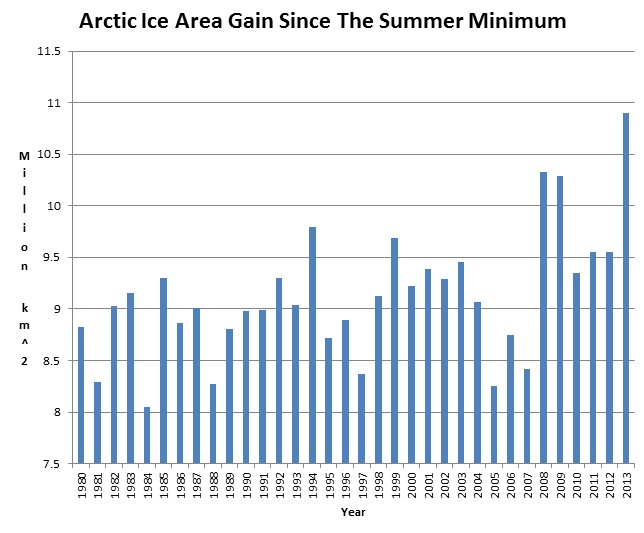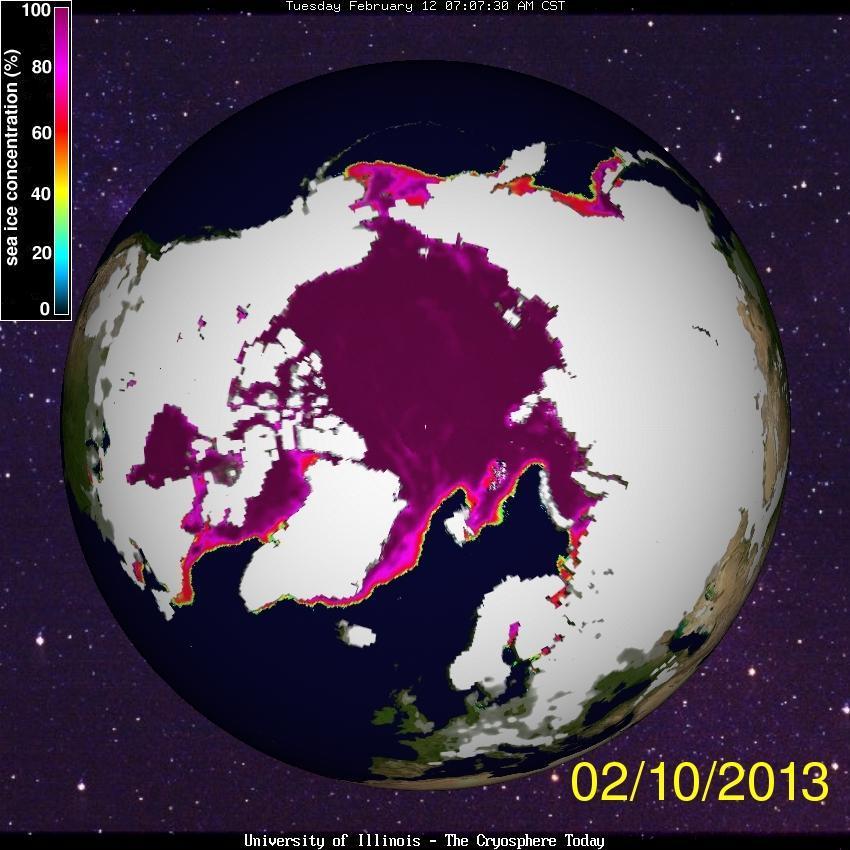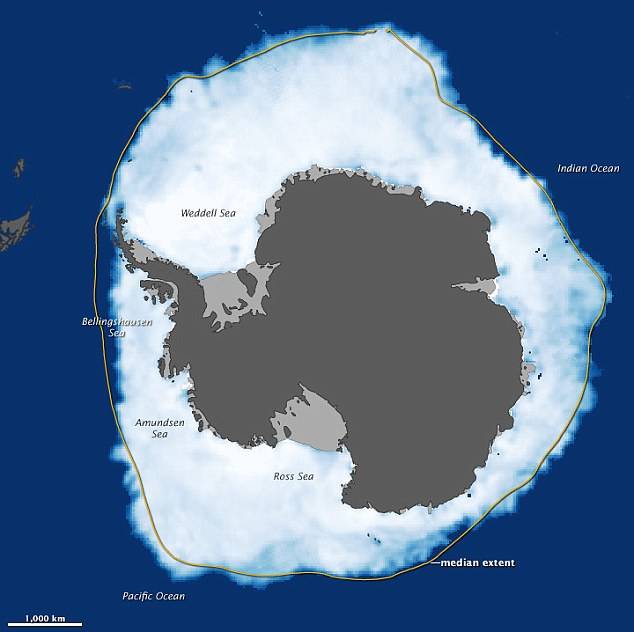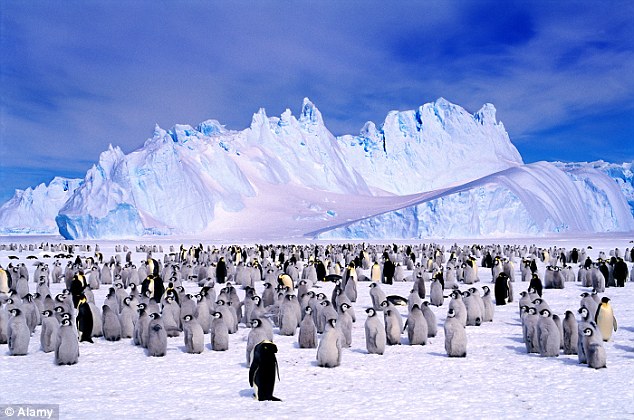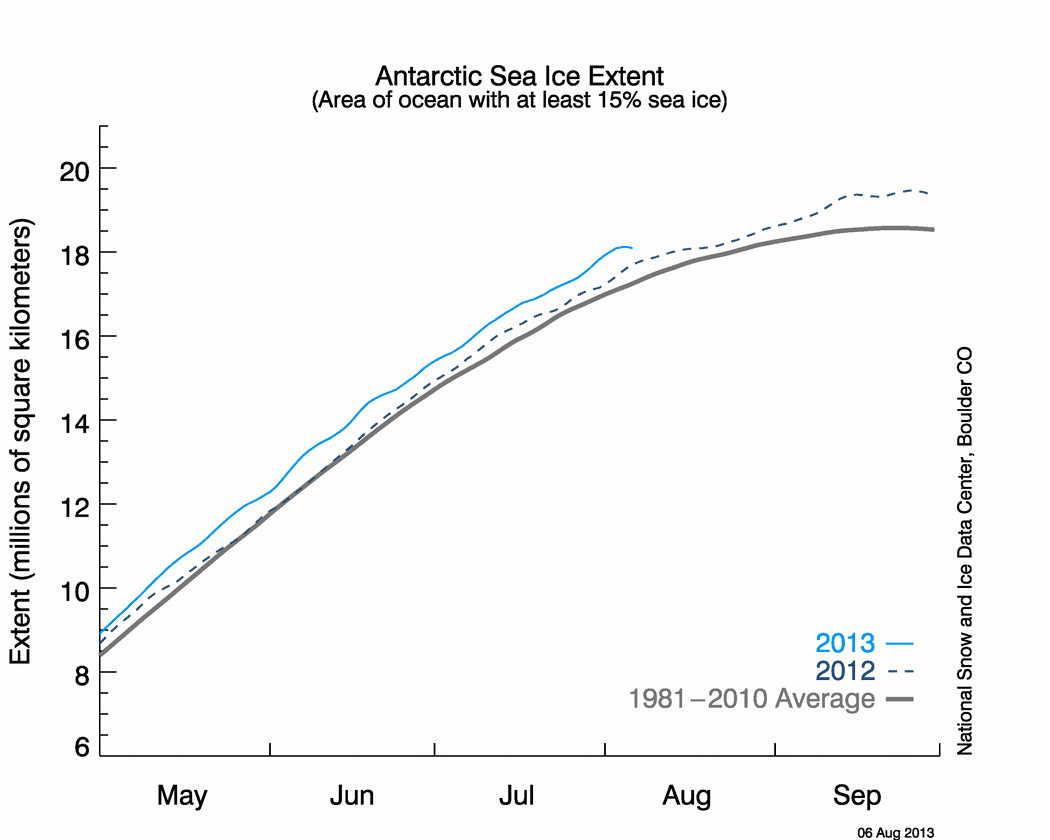Political Junky
Gold Member
- May 27, 2009
- 25,793
- 3,990
- 280
For those who care about Global Warming -
Ice melt in Antarctica could raise sea by 53m - Independent.ie
STEVE CONNOR – PUBLISHED 06 MAY 2014 02:30 AM
Parts of the vast ice sheet of East Antarctica – which holds enough water to raise global sea levels by 53m – could begin an irreversible slide into the sea this century, causing an unstoppable process of global coastal destruction, scientists have warned.
<more>
Ice melt in Antarctica could raise sea by 53m - Independent.ie
STEVE CONNOR – PUBLISHED 06 MAY 2014 02:30 AM
Parts of the vast ice sheet of East Antarctica – which holds enough water to raise global sea levels by 53m – could begin an irreversible slide into the sea this century, causing an unstoppable process of global coastal destruction, scientists have warned.
<more>

